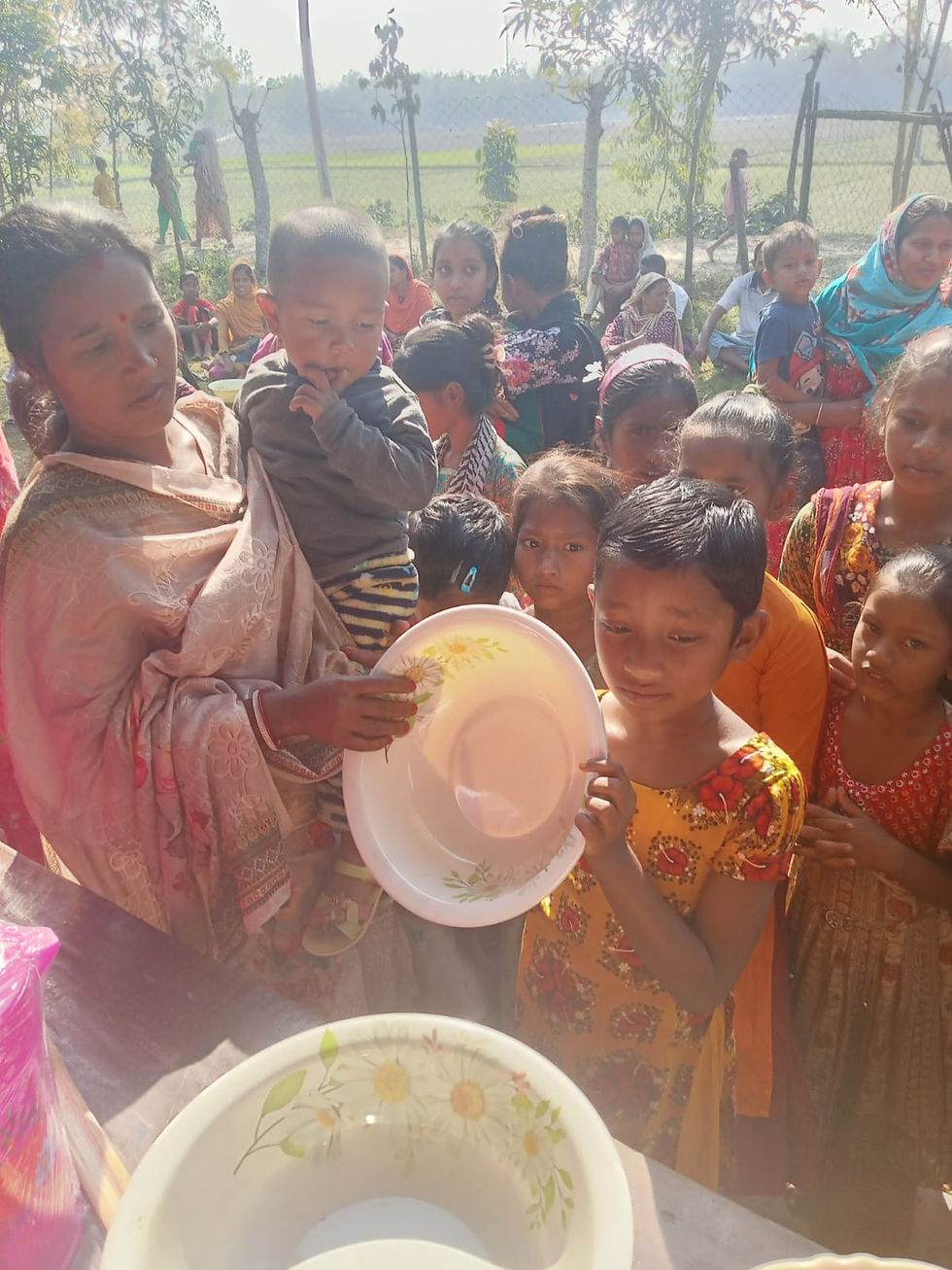- 2 hours ago

The IUBAT Masters of Public Health Program now has over fifty students enrolled. The first batch recently graduated and the second batch has completed most graduation requirements. BHP Directors John Richards and Alex Berland teach and support program development.
The shortage of health-care providers in Bangladesh is made worse by shortages of people with post-graduate training who can educate, supervise and lead. This situation has created a favourable job market for individuals with clinical experience and specialized knowledge in areas such as adult education, NGO and hospital management, and research and evaluation. Nurses with Masters degrees are especially in demand.
The MPH that we are developing at IUBAT is rigorous, using modern educational methods, to prepare graduates who can tackle system-level problems in Bangladesh and internationally. International students are welcome to the MPH program at IUBAT, a fully accredited English-medium university, with one of the loveliest campuses in Dhaka. We also invite public health professionals to join us as guest faculty or research collaborators by emailing BangladeshHealthProject@pm.me







